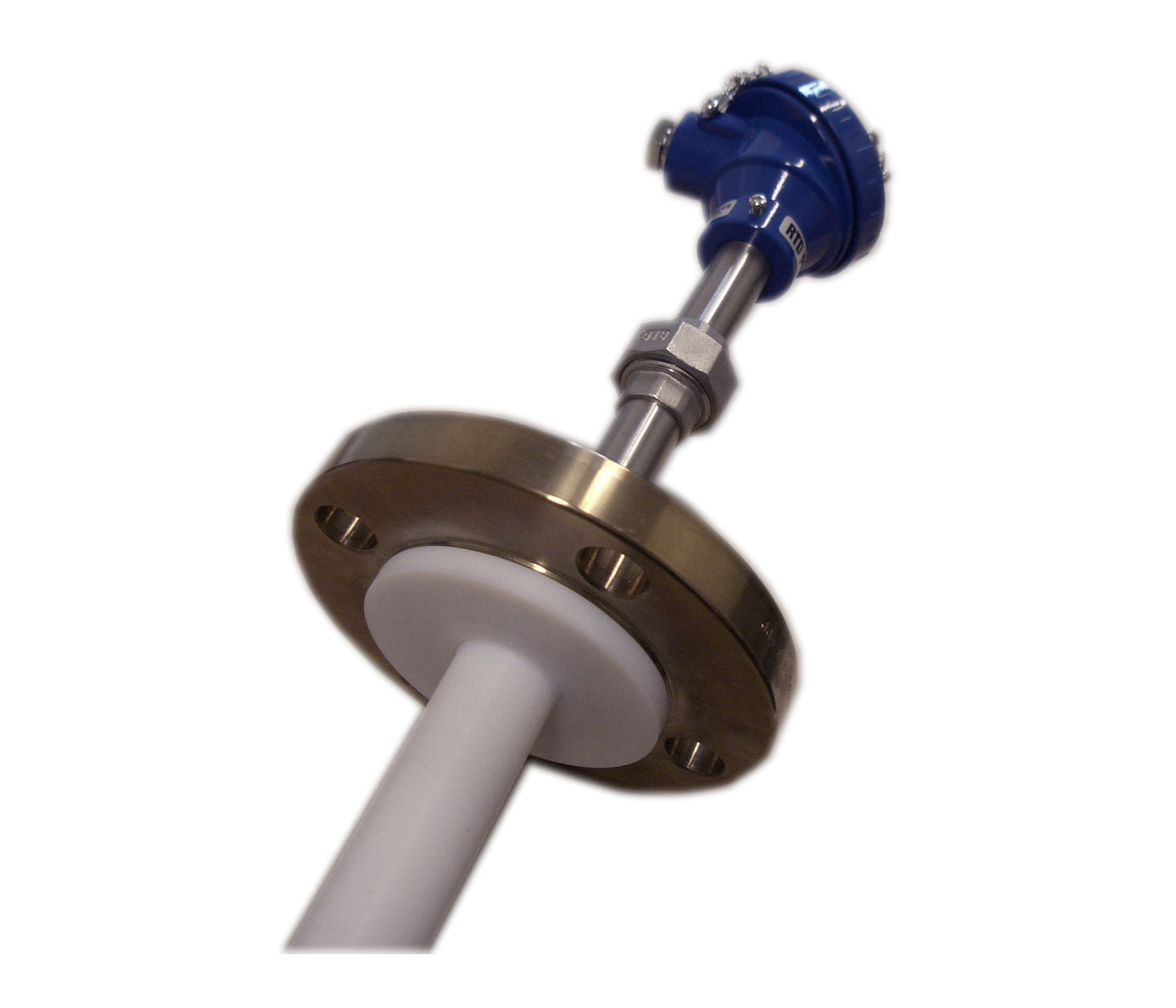1300 737 976
Call us
Live Chat
Call us

In these harsh circumstances, a thermowell is used as a shield between the thermometer and the solid, liquid or gas it is in contact with. Chemical applications are the main processes that thermowells are often used.
In simple terms, a thermowells job is to act as a protective barrier, by allowing the thermometer to be inserted into the thermowell, while still being able to accurately measure temperature. The benefit of this, is that the thermometer is now able to resist corrosion and abrasion, as well as pressure and other factors.
Thermowells are placed along the outer materials of the manufacturing systems, which do not need to be removed. This makes removing, repairing, calibrating or replacing the thermometer an efficient process. When the thermometer is taken out, the thermowell is still connected. The benefit of this is that operations are not disturbed, which could be a costly issue.
With the use of a thermowell, thermometers last longer as they are not directly exposed to the harsh processes, and therefore are protected. By using thermowells in these kinds of environments, it decreases the need to buy thermometers, which in turn, decreases business process costs.
Contact us for help in choosing the correct thermowell for your application, based on specific features such as connection size, bore diameter, stem length and more.
Also, read our article for guidance on which thermowell material to use for your application.
Copyright © 2022 Created by Pepper Digital
Disclaimer – Images for illustrative purposes only and may not be representative of the actual resolution of the camera shown.